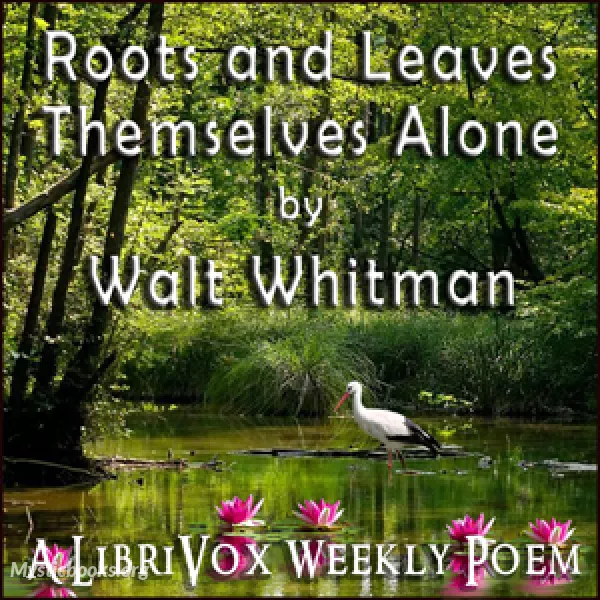
Roots and Leaves Themselves Alone
by Walt Whitman
'Roots and Leaves Themselves Alone' Summary
Roots and Leaves Themselves Alone by Walt Whitman is a poem that celebrates the beauty and bounty of nature, and the interconnectedness of all living things. Whitman invites the reader to experience the world through their senses, to savor the scents of wild flowers and the songs of birds, and to feel the warmth of the sun on their skin.
The poem begins with a simple image of a tree standing alone in a field. Whitman uses this image to represent the self, the individual who is both rooted in the earth and connected to the sky. He writes:
Roots and leaves themselves alone;
I am nothing but a single human being,
The living tree is all myself.
From here, Whitman launches into a lyrical celebration of the natural world. He describes the beauty of the sky, the sea, the mountains, and the forests. He writes about the animals and plants that inhabit these places, and he invites the reader to share in his love of nature.
In one of the most famous passages in the poem, Whitman writes:
I sing the body electric,
I sing the fluent joints of my limbs and the flexile play of my muscles,
I sing the white legs and arms that will never be weary,
I sing the pulse in the throat that will go on forever.
This passage celebrates the human body as a miracle of nature. Whitman reminds us that our bodies are interconnected with the natural world, and that we are capable of great things.
Roots and Leaves Themselves Alone is more than just a celebration of nature. It is also a call for people to live in harmony with the natural world. Whitman writes:
Let man be beast and fish,
Let him learn to swim like a fish and to walk like a beast,
Let him be bird and beast and fish,
Let him live in the land and in the sea.
Whitman is urging us to embrace our animal natures and to live in harmony with the natural world. He believes that this is the only way to achieve true happiness and fulfillment.
Roots and Leaves Themselves Alone is a beautiful and inspiring poem. It is a reminder of the beauty and wonder that surrounds us, and it is a call to live life to the fullest.
In addition to the themes mentioned above, Roots and Leaves Themselves Alone also explores other important topics such as individuality, freedom, and democracy. Whitman was a staunch believer in the American ideal of individualism, and he believed that all people should be free to live their lives as they see fit. He also believed that democracy is the best form of government because it allows people to participate in their own governance.
Roots and Leaves Themselves Alone is a complex and multifaceted poem that can be interpreted in many different ways. However, at its core, it is a poem about the beauty and bounty of nature, and the interconnectedness of all living things. Whitman invites the reader to experience the world through their senses, to savor the simple pleasures of life, and to live in harmony with the natural world.
Book Details
Authors
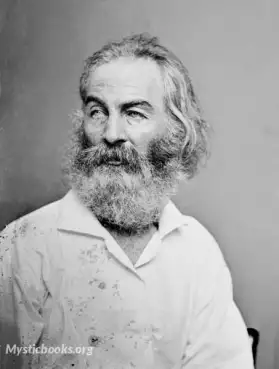
Walt Whitman
United States
Walter Whitman was an American poet, essayist, and journalist. A humanist, he was a part of the transition between transcendentalism and realism, incorporating both views in his works. Whitman i...
Books by Walt WhitmanDownload eBooks
Listen/Download Audiobook
- Select Speed
Related books
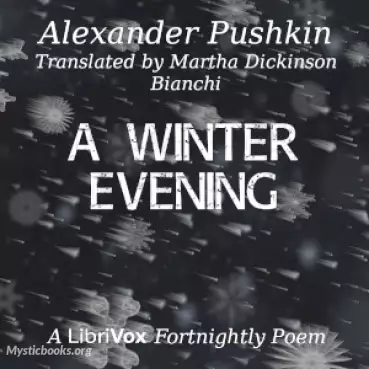
A Winter Evening by Alexander Pushkin
The poem is a lyrical expression of the poet's thoughts and feelings as he reflects on the quiet, stillness of a winter evening. Pushkin's writing is...
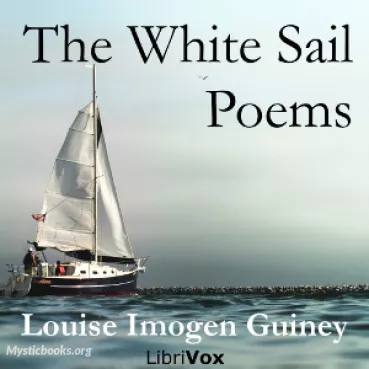
The White Sail by Louise Imogen Guiney
"The White Sail" is a luminous constellation of poems penned by the gifted wordsmith, Louise Imogen Guiney. Like stars in the night sky, each poem ill...
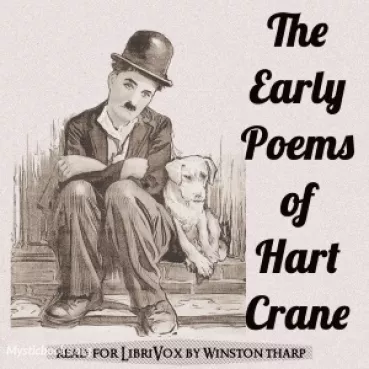
The Early Poems of Hart Crane by Hart Crane
These poems are like a siren song, calling us to the edge of the abyss. The Early Poems of Hart Crane is a collection of Crane's earliest work, writt...
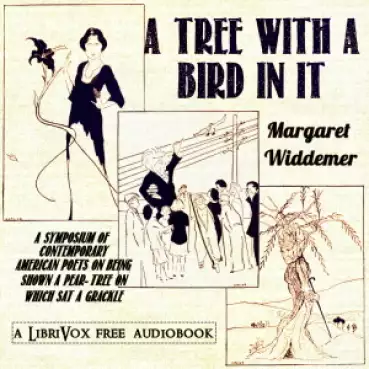
A Tree with a Bird in it by Margaret Widdemer
Tree with a Bird in it: a symposium of contemporary American poets on being shown a pear-tree on which sat a grackle is a collection of poems based on...
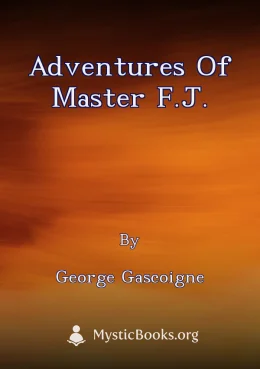
Adventures of Master F.J. by George Gascoigne
'Adventures of Master F.J.' is a novel told through a series of letters, poems, and third-person narration. It chronicles the passionate and scandalou...
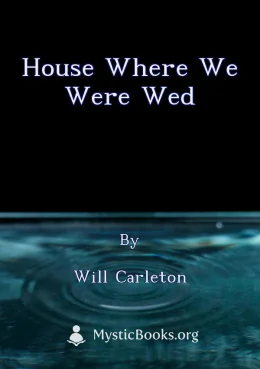
House Where We Were Wed by Will Carleton
This poem tells the story of a couple reflecting on their life together, reminiscing about their marriage and the home they shared. As they look back...
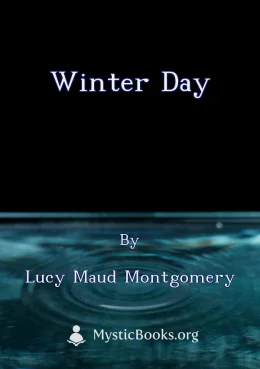
Winter Day by Lucy Maud Montgomery
Lucy Maud Montgomery's 'Winter Day' is a short, poignant poem exploring the changing seasons of life. Through the lens of winter, she examines the sta...
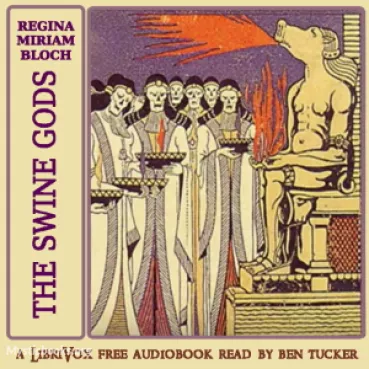
The Swine-Gods and Other Visions by Regina Miriam Bloch
This poems are a mix of lyrical and narrative, and they explore a variety of themes, including love, loss, faith, and identity. The title poem, "The...
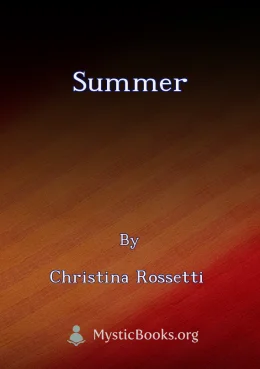
Summer by Christina Rossetti
Christina Rossetti's "Summer" is a poignant and reflective poem that explores the bittersweet nature of summer's beauty and the inevitability of chang...
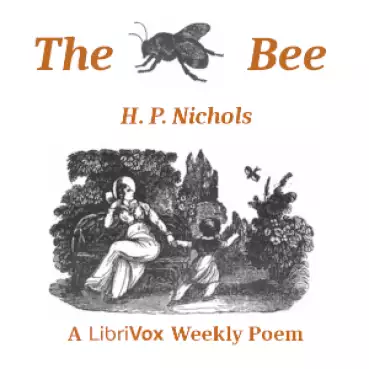
The Bee by H.P. Nichols
Some practical advice to a child, taken from Cousin Hatty's Hymns and Twilight Stories.
Reviews for Roots and Leaves Themselves Alone
No reviews posted or approved, yet...